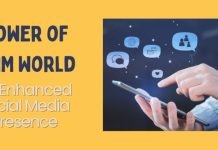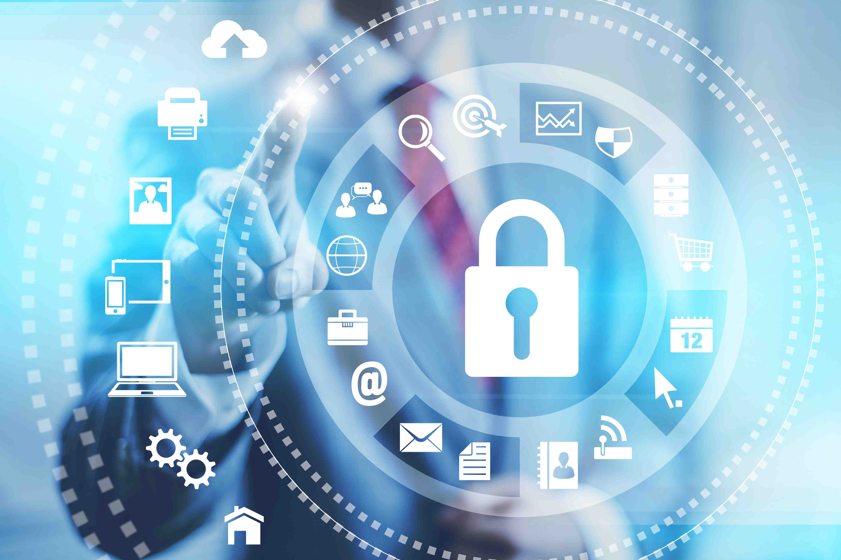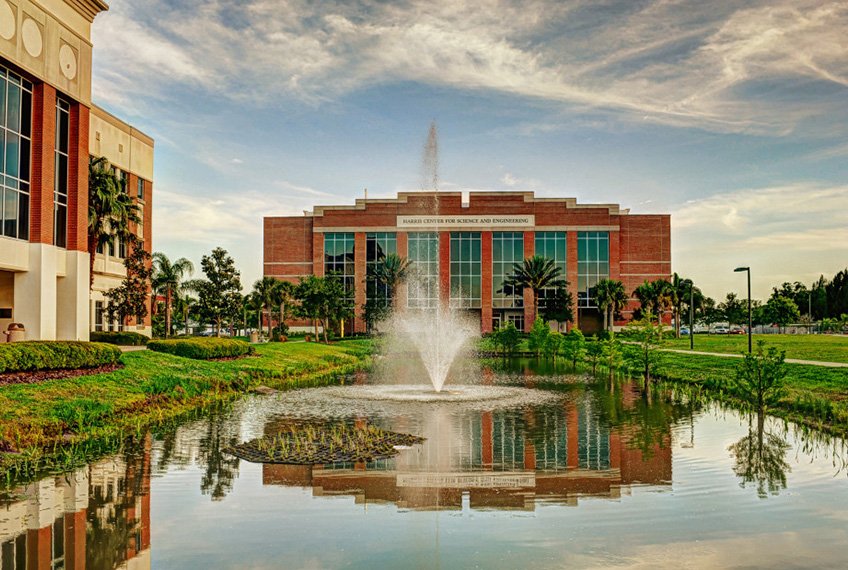
While technology really makes our life easier with gadgets and devices which help us stop wasting precious time, it also puts a weight over our shoulders that is not as easy to digest. Stay connected all day, every day seems nowadays to be set as a custom behaviour, a sort of an obligation for all of us, inhabitants of this global village that is the world.
Indeed, it brings us closer to each other. Sharing has never been as easy as it is now: we all are aware of what is happening thousands of miles away in real-time and thanks to technology we can share their pain or their happiness with the rest of the world, just from the comfort of our sofa.
We can be empathic to each other without really need to feel it or without knowing what empathic really means.
We all are on the internet one way or another. Our digital profile defines us even better than we might know ourselves. They help us picking up the right song, the film we want to watch next or the book we will enjoy the most. Maybe we can even discover new interests after that social platform -who was able to meet our inner-self- recommended us a new pick, and then we just discovered we have been wrong our whole life.
Our social behave can be sharpened on social networks. They work as if we can actually watch ourselves, our likes and social success, on an all-inclusive screen. It is kind of an augmented reality of our personality, a Black Mirror like in early access.
That is one of the major success of technology, the next step in human comms. That is progress and progress can’t be compromised because it is bigger than us, seen as mere individuals.
Not long ago, a top player of this progress wrote: “We connect people. Period. That’s why all the work we do in growth is justified, all of the work we do to bring more communication in. The work we will likely have to do in China some day. All of it.”
He continued: “That can be bad if they make it negative. Maybe it costs someone a life by exposing someone to bullies. Maybe someone dies in a terrorist attack coordinated on our tools.”
“And still we connect people.” The end justifies the means, at any cost.
Those words were saying by Facebook Vice President Andrew “Boz” Bosworth, and he called the memo ‘The Ugly’. He defended himself saying that he didn’t want to say those things but there were thoughts that must be put on the table, that had to be discussed.
Connection can’t be compromised and they do it for the greater good
It is funny though, that progress can only go in one direction, and “Boz” Bosworth had it quite clear, connect the more people possible. He even had some pity words for the poor Chinese who have no choice but to live in the obscurity, away of civilization.
It also makes me chuckle how in order to get people connected (we need to remind us all the time that they do what they do for our own good) Facebook bought in 2012 the world’s most successful photo-based social media Instagram, where influencers of today are born and set new trends for us (connected people) to follow.
But that wasn’t enough to fulfill Mark Zuckerberg’s vision. After that he took his company to made another move for people’s own sake when in 2014 he bought the messaging and VoIP service Whatsapp Messenger. At that time, that transaction became one of the most expensive movements in tech history as the deal reached almost $20 billion.
Their worries about making people connected can rest for a while, as they got all the ways covered
And yet, there is something about being connected that really doesn’t sound quite right. All the data of billions of real people in the hands of one company is a lot of power. Not just for private and personal data and the possible hazards that might imply -see the recent Cambridge Analytica data misused- but for the social misbehave it might cause.
In the all-connected world they see, being non-connected might create a new type of outcasts, minorities to be told off for being away. Or they can even ban people for being connected, throwing them away from the digital ways, making them invisible for the rest of the world.
The ends cannot justify the meanings, when it is precisely in the meanings where all the good-ends are getting lost.
If we, as society, keep letting Facebook or Google to take over our privacy and thus our personality, and get away with heir missteps, the future of the humanity is not going to be a humankind connected between each other, but a humankind connected between Facebook and Google.

Hernaldo Turrillo is a writer and author specialised in innovation, AI, DLT, SMEs, trading, investing and new trends in technology and business. He has been working for ztudium group since 2017. He is the editor of openbusinesscouncil.org, tradersdna.com, hedgethink.com, and writes regularly for intelligenthq.com, socialmediacouncil.eu. Hernaldo was born in Spain and finally settled in London, United Kingdom, after a few years of personal growth. Hernaldo finished his Journalism bachelor degree in the University of Seville, Spain, and began working as reporter in the newspaper, Europa Sur, writing about Politics and Society. He also worked as community manager and marketing advisor in Los Barrios, Spain. Innovation, technology, politics and economy are his main interests, with special focus on new trends and ethical projects. He enjoys finding himself getting lost in words, explaining what he understands from the world and helping others. Besides a journalist, he is also a thinker and proactive in digital transformation strategies. Knowledge and ideas have no limits.



























